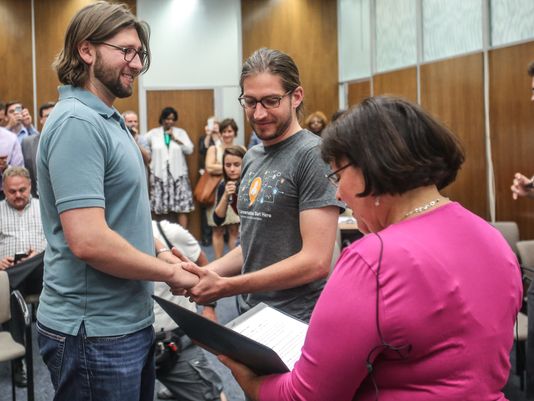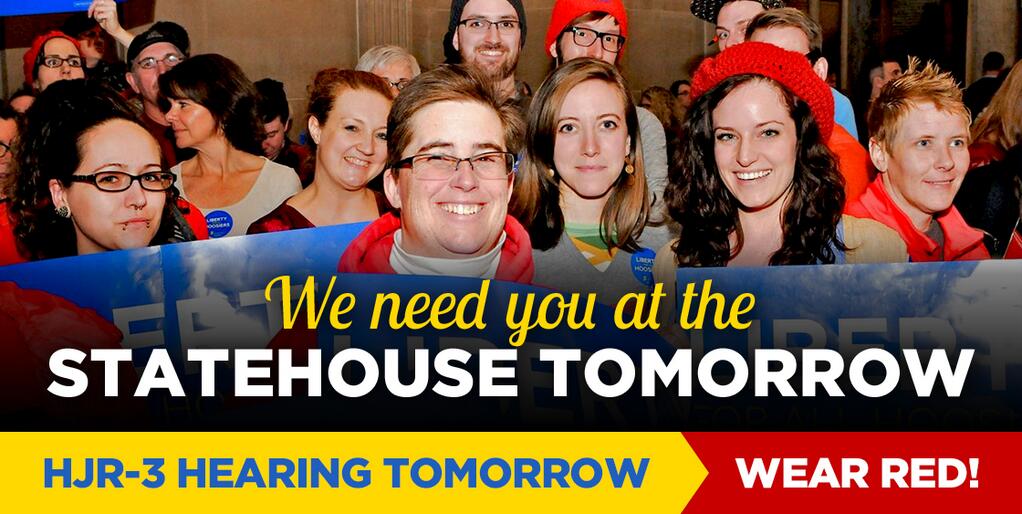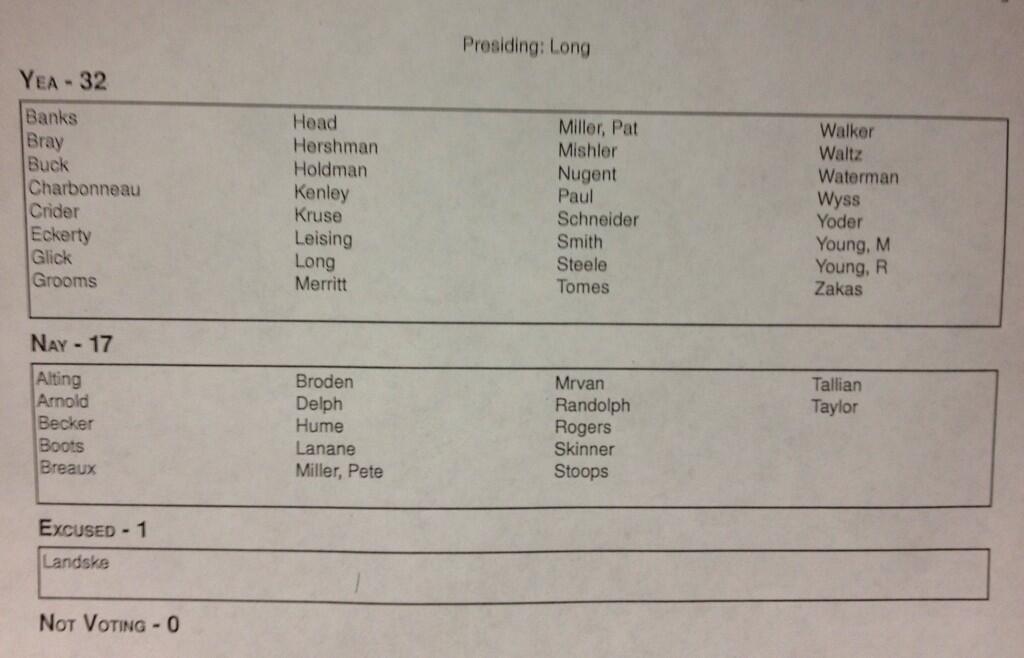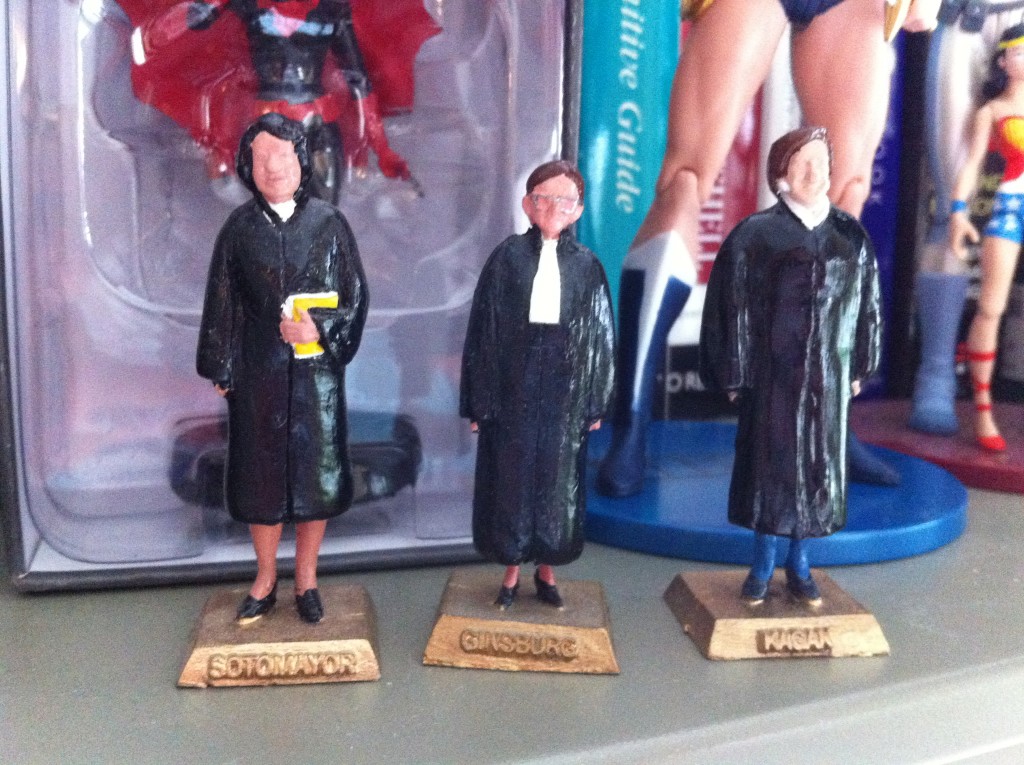Laws of Public Accommodation and the LDS Church Statement about “respect”

Laws of Public Accommodation state that you are not allow to discriminate in providing services to the public if you run a business that is open to serve the public. So if you bake cakes, or do wedding photography, or open a restaurant, you have to accommodate members of the public who come to you to pay for your services. If you are a pharmacist, or an emergency medical technician, or a doctor, or a police officer, you cannot turn people away from your service if they are in a wheelchair, or if they are a person of color, or if they are female, or if they fit into a number of other categories. There are no religious exemptions to public accommodations laws, so what you believe or where you worship is not a legally an excuse for turning people away from your public-facing business, according to current law.
The current U.S. law on the books regarding public accommodation is a part of a back of a larger block of civil rights laws that are grouped under this title – U.S. Code Title 42, Chapter 21 — Civil Rights.
Title 42, Chapter 21 of the U.S. Code prohibits discrimination against persons based on age, disability, gender, race, national origin, and religion (among other things) in a number of settings — including education, employment, access to businesses and buildings, federal services, and more. Chapter 21 is where a number of federal acts related to civil rights have been codified — including the Civil Rights Act of 1866, Civil Rights Act of 1964, and the Civil Rights of Institutionalized Persons Act.
Here is what the “public accommodation” section of that larger group of laws states – 42 U.S.C. § 2000a : US Code – Section 2000A: Prohibition against discrimination or segregation in places of public accommodation
(a) Equal access All persons shall be entitled to the full and equal enjoyment of the goods, services, facilities, privileges, advantages, and accommodations of any place of public accommodation, as defined in this section, without discrimination or segregation on the ground of race, color, religion, or national origin. (b) Establishments affecting interstate commerce or supported in their activities by State action as places of public accommodation; lodgings; facilities principally engaged in selling food for consumption on the premises; gasoline stations; places of exhibition or entertainment; other covered establishments Each of the following establishments which serves the public is a place of public accommodation within the meaning of this subchapter if its operations affect commerce, or if discrimination or segregation by it is supported by State action: (1) any inn, hotel, motel, or other establishment which provides lodging to transient guests, other than an establishment located within a building which contains not more than five rooms for rent or hire and which is actually occupied by the proprietor of such establishment as his residence; (2) any restaurant, cafeteria, lunchroom, lunch counter, soda fountain, or other facility principally engaged in selling food for consumption on the premises, including, but not limited to, any such facility located on the premises of any retail establishment; or any gasoline station; (3) any motion picture house, theater, concert hall, sports arena, stadium or other place of exhibition or entertainment; and (4) any establishment (A)(i) which is physically located within the premises of any establishment otherwise covered by this subsection, or (ii) within the premises of which is physically located any such covered establishment, and (B) which holds itself out as serving patrons of such covered establishment. (c) Operations affecting commerce; criteria; “commerce” defined The operations of an establishment affect commerce within the meaning of this subchapter if (1) it is one of the establishments described in paragraph (1) of subsection (b) of this section; (2) in the case of an establishment described in paragraph (2) of subsection (b) of this section, it serves or offers to serve interstate travelers of a substantial portion of the food which it serves, or gasoline or other products which it sells, has moved in commerce; (3) in the case of an establishment described in paragraph (3) of subsection (b) of this section, it customarily presents films, performances, athletic teams, exhibitions, or other sources of entertainment which move in commerce; and (4) in the case of an establishment described in paragraph (4) of subsection (b) of this section, it is physically located within the premises of, or there is physically located within its premises, an establishment the operations of which affect commerce within the meaning of this subsection. For purposes of this section, “commerce” means travel, trade, traffic, commerce, transportation, or communication among the several States, or between the District of Columbia and any State, or between any foreign country or any territory or possession and any State or the District of Columbia, or between points in the same State but through any other State or the District of Columbia or a foreign country. (d) Support by State action Discrimination or segregation by an establishment is supported by State action within the meaning of this subchapter if such discrimination or segregation (1) is carried on under color of any law, statute, ordinance, or regulation; or (2) is carried on under color of any custom or usage required or enforced by officials of the State or political subdivision thereof; or (3) is required by action of the State or political subdivision thereof. (e) Private establishments The provisions of this subchapter shall not apply to a private club or other establishment not in fact open to the public, except to the extent that the facilities of such establishment are made available to the customers or patrons of an establishment within the scope of subsection (b) of this section.
This morning, the Mormon Church held a press conference saying that they supported LGBT rights – up to a point. They believe that LGBT people should not be denied housing or employment or basic civil rights. BUT – they asserted that they felt that LGBT people should not be added to U.S. Code Title 42, Chapter 21. They didn’t say it in so many terms; they talked about “respect” and how LGBT “activists” had done terrible things to “disrespect” the religious beliefs of LDS Church members.
Apparently pouring millions of dollars into Prop-8 and trying to deny LGBT people basic civil rights, causing LGBT people emotional & financial hardship and pain, is perfectly “respectable” but fighting back for your basic civil rights after being a marginalized group of people for centuries is not.
But their meaning is pretty clear based on the language they were using. This public press conference is a dogwhistle to their members urging them to pour money into a number of lawsuits that are currently moving through the courts where gay, lesbian, bisexual or transgender individuals are seeing redress after being denied public accommodations by business owners citing “religious freedom” as their reason for discriminating against people seeking their services.
If we were just talking about wedding cakes and photographers, this might be an easy issue to dismiss – you can just get a different florist or cake baker, right? But we are not. There have been cases of LGBT people denied emergency medical care, medication that they needed for their health, and police protection because they are lesbian, gay, bisexual or transgender. LGBT people have been denied access to hotels and vacation spots, homeless shelters and domestic violence shelters based on the claims of “religious belief” of the owners or employees of those businesses or services. Some of the cases of denial of public accommodation are in serious, life-or-death situations. People have been irreparably harmed or killed because of this discrimination.
The LDS Church is attempting to frame the civil rights debate over public accommodation for LGBT people as one of “respect” – that LBGT people are being “disrespectful” of the church’s religious beliefs if they are seeking legal redress for being discriminated against. That legal and civil actions, including direct action that LGBT people might take in asserting their rights, are “disrespectful” and “attacks” and that the church is a victim if people challenge the discrimination against them on the basis of their religious beliefs.
It’s an interesting framing, and one that LDS members are anxious to push – I’ve already run across two sets of LDS church members anxious to cast themselves in the role of victim in the debate following this morning’s press conference. Unfortunately it’s also a framing that the average American is primed to accept as legitimate, given the complete lack of understanding of basic civil rights laws in the United States. Hopefully as these lawsuits move through the courts, the legal system won’t be as fooled by the manipulation of language as the average member of the public.











